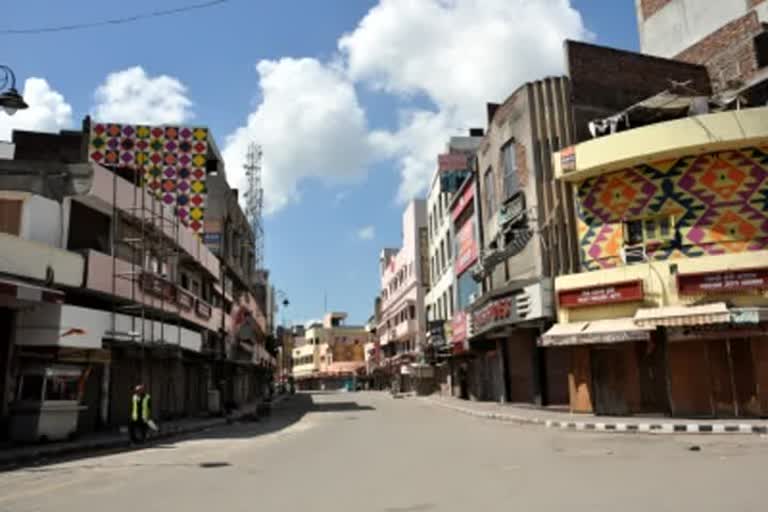Chandigarh: Clamping down heavily on the fresh Covid-19 surge, Punjab Chief Minister Amarinder Singh on Friday ordered massive statewide restrictions with closure of educational institutions till March 31 and restrictions on cinema and mall capacities.
The restrictions will come into force from Saturday.
All educational institutions, other than medical and nursing colleges, will remain closed till March 31, with restriction of 50 per cent capacity in cinema halls and not more than 100 persons in a mall at any time.
He appealed to the people to keep social activity in their houses to the bare minimum for the next two weeks to break the transmission chain. Not more than 10 visitors should be entertained in homes, he urged.
In the 11 worst-hit districts, a complete ban has been ordered on all social gatherings and related functions, except for funerals, cremations and weddings, which will be allowed with only 20 persons in attendance.
In these districts, which will remain under night curfew from 9 p.m. to 5 a.m, the Chief Minister ordered cinemas, multiplexes, restaurants, malls, etc., to remain closed on Sundays, though home deliveries will be allowed subject to night curfew.
Industries and essential services will be allowed to function, but barring these, all restrictions shall be strictly enforced, the Chief Minister directed the top civic and police officials in these districts.
Also, starting next week, one hour of silence will be observed across the state every Saturday, from 11 a.m. to 12 noon, in memory of those who lost their lives to Covid, with no vehicles to ply during that time.
The Chief Minister asked the district administration to involve the general public, along with market committees, sarpanches, etc., in this initiative, which will, however, remain voluntary for them.
Read:Navjot Singh Sidhu meets Punjab CM, return to cabinet discussed
In the 11 worst affected districts of Ludhiana, Jalandhar, Patiala, Mohali, Amritsar, Hoshiarpur, Kapurthala, SBS Nagar, Fatehgarh Sahib, Ropar and Moga, the Chief Minister ordered restrictions on in-person public dealings in the government offices, with citizens to be encouraged to visit offices only for essential services.
